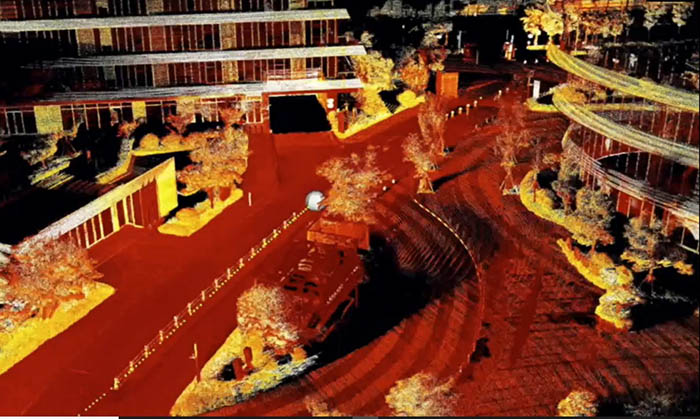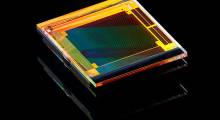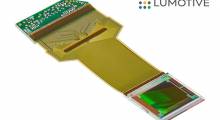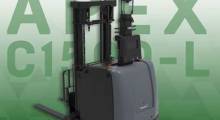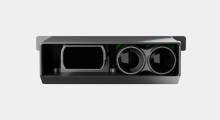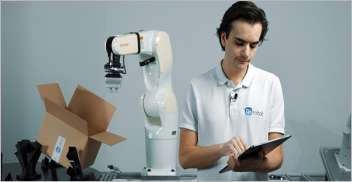Hesai Photonics Technology Co., which makes lidar systems for automotive applications, has raised more than $300 million (U.S.) in Series D funding. The Shanghai, China-based company said it plans to use the money to continue research and development of optoelectric chips and to scale up production of its hybrid, solid-state lidar to 1 million units.
Founded in 2014, Hesai said its goal is to provide high-performance products that can be mass-produced and customized. Its technology includes photoelectric chips, automated production, and perception capabilities based on deep learning. The PandarXT lidar is designed for applications including robotic deliveries, mapping, and surveillance, according to Hesai.
The company has more than 500 employes and customers in 70 cities in 23 countries and regions. It supplies mechanical and solid-state lidar sensors to AutoX, Nuro, Lyft, Navaya, WeRide, and Zoox.
Investors want lidar for multiple applications
GL Ventures, the venture capital arm of Hillhouse Capital, led Hesai's Series D round. Chinese Internet provider Meituan and smartphone maker Xiaomi and also participated, as did Citic Private Equity (CPE) Funds Management. Other investors included Baidu, Bosch, Huatai International Private Equity Fund, and ON Semiconductor.
Baidu and Xiaomi are working with partners on electric vehicles, and Meituan is developing robots for indoor and outdoor deliveries.
In addition, existing investors Lightspeed China Partners, Lightspeed Venture Partners, and Qiming Venture partners joined the latest round.
“As the core sensor of autonomous driving, lidar directly affects the development speed and level of the autonomous driving industry,” said Huang Liming, partner and head of software and hardware technology at Hillhouse Ventures. “With deep technical accumulation and years of deep cultivation, the Hesai team has provided the market with innovative sensor solutions that take into account high-performance, low cost, strong stability, and mass production.”
“At the same time, we see that the downstream application scenarios of lidar are increasingly rich—automobiles, robots, industry, etc., will be the stage for this technology to show its talents,” he said. “We also believe that Hesai Technology will seize this historic opportunity and rely on its consistent courage to innovate and create value for customers and the industry.”
“Autonomous driving technology has entered the fast lane, and front-mounted lidar will become the standard for high-level autonomous driving,” said He Yongbin, CIO of CPE. “We believe that Hesai will continue to lead the industry and provide continuous driving force for the development of the autonomous driving industry with outstanding lidar products.”
Article topics
Email Sign Up

